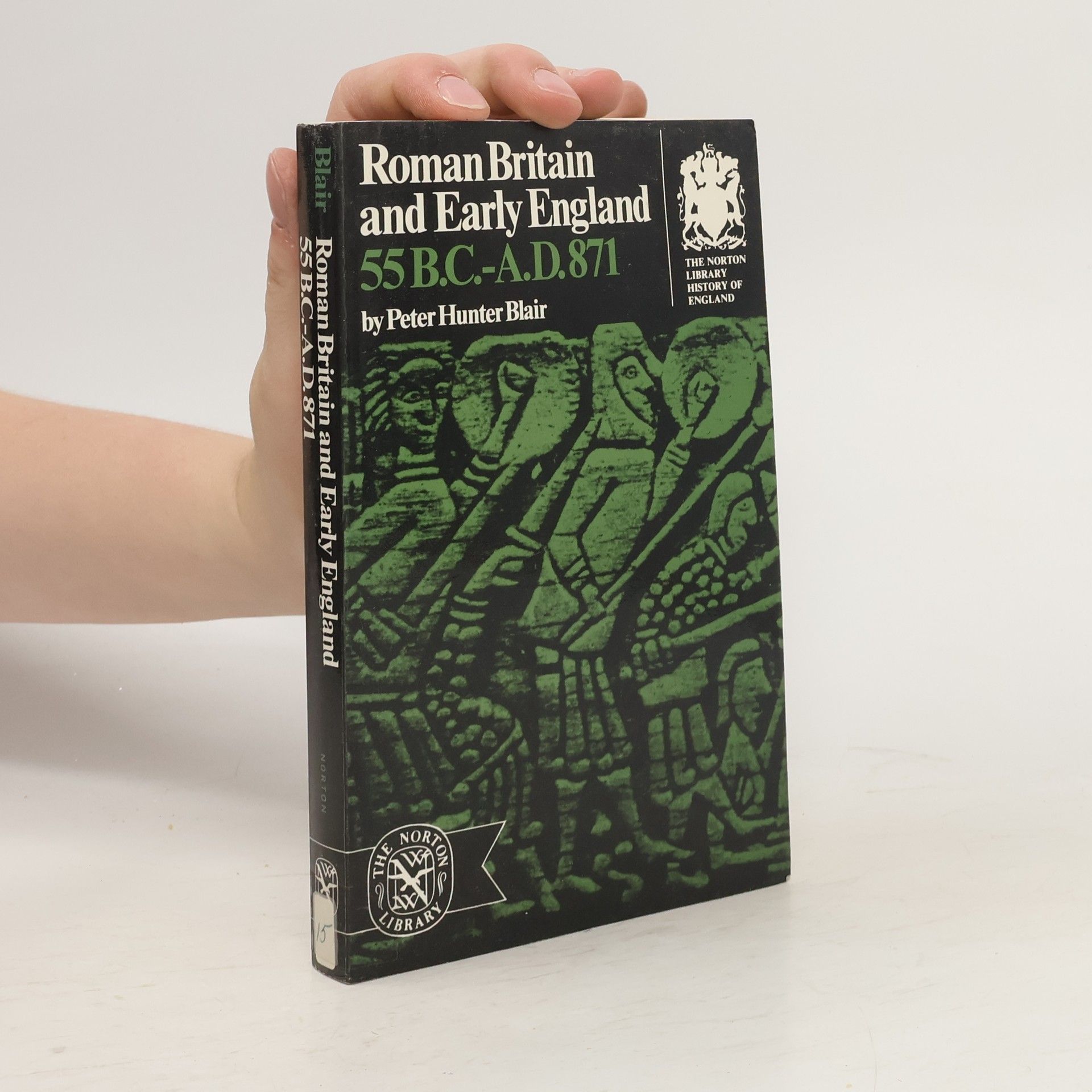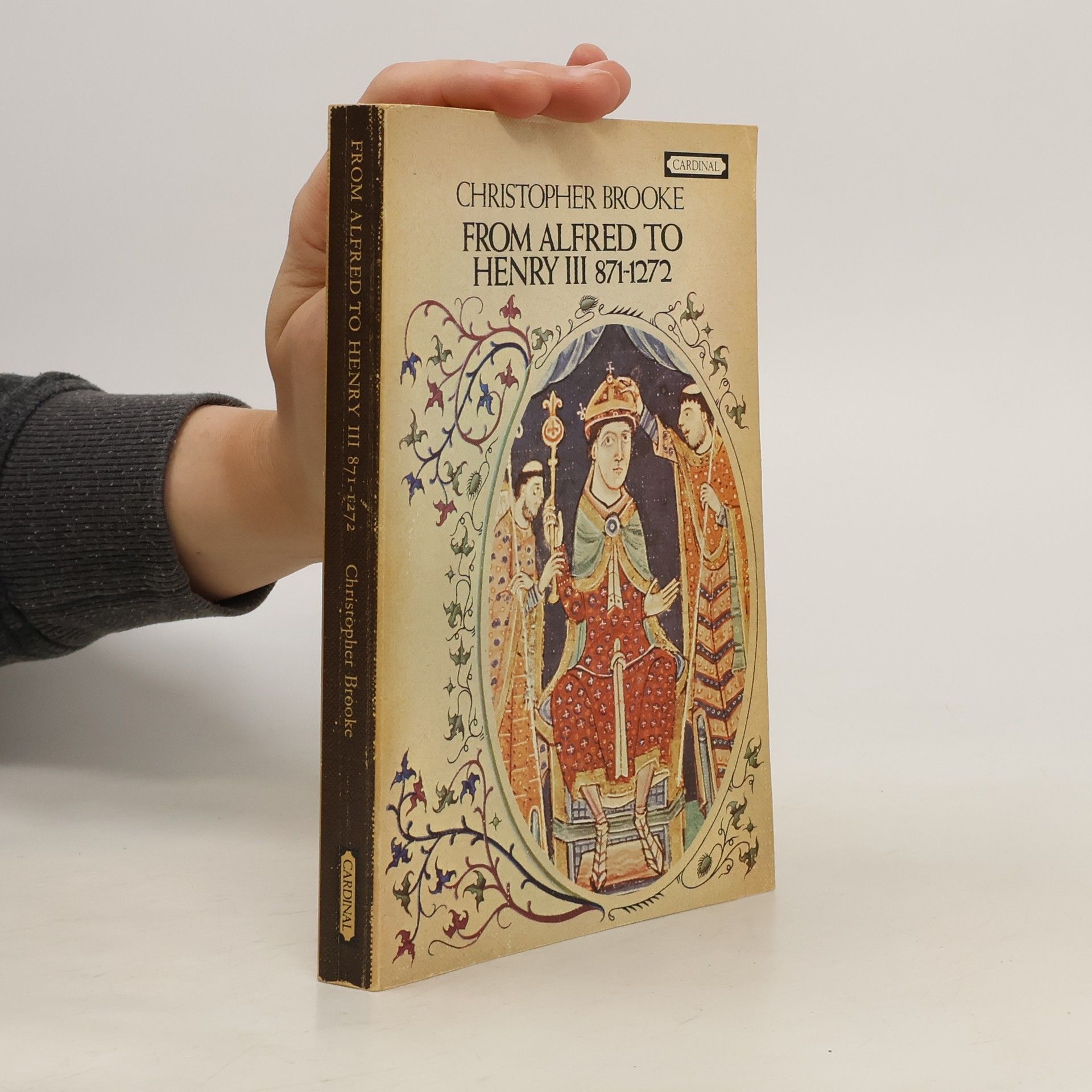The Century of Revolution
- 368pagine
- 13 ore di lettura
Stimulating, vivid and provocative, Christopher Hill's graphic depiction of this turbulent era examines ordinary English men and women as well as kings and queens. schovat popis
Questa serie completa guida i lettori attraverso i momenti e le epoche salienti della storia inglese, dalle sue origini fino all'età moderna. Ogni volume è meticolosamente curato da storici di spicco, offrendo profonde intuizioni sulle trasformazioni politiche, sociali e culturali che hanno plasmato la nazione. Si presenta come un'esplorazione accademica ma accessibile per chiunque sia affascinato dalla storia britannica.





Stimulating, vivid and provocative, Christopher Hill's graphic depiction of this turbulent era examines ordinary English men and women as well as kings and queens. schovat popis
The 400 years covered by this volume saw two Danish invasions and the Norman Conquest of England. Each conquest carried with it extensive political and social changes. Alfred began the work of creating a unified kingdom out of the shambles of the smaller kingdoms that had fallen under Viking raids. The ninth and tenth centuries saw the settlement of the Danes and the eleventh the emergence of a strong monarchy under the Danish King Cnut. "With the English kingdom grew up the first semblance of national institutions," writes Professor Brooks--institutions of central and local government which made the English monarchy among the most mature in the Europe of its time.... These established institutions were not destroyed by the Normans; they adapted and developed them. Although England had had close ties with the continent before the Conquest, after 1066 English cultural and social life was greatly enriched through the French influence. During this time the Church was finding new inspiration in monastic and papal reform and a great intellectual revival culminated in the creation of universities. Professor Brooke describes all the cultural and political developments of these years and shows how the reign of Henry III ushered in a "great age of art and architecture" and a "new attitude to government," which began to work by consent of the governed.
In 1961 Christopher Hill first published what has come to be acknowledged as the best concise history of the period, Century of Revolution. Stimulating, vivid and provocative, his graphic depiction of the turbulent era examines ordinary English men and women as well as kings and queens. Hill argued that the Civil War was driven by the conflict between the old feudal lites and the growing merchant classes. Society and the State are dissected alongside other aspects such as Protestantism and the rise of capitalism and the questioning of hitherto unassailable authorities such as the church and the law. Full of wit and insight, his treatment of what is regarded as one of England's most formative periods is one that is as truly satisfying in the second edition, as it was in 1961.
The special aim of this series is to provide serious and yet challenging books, not buried under a mountain of detail. Each volume is intended to provide a picture and an appreciation of its age, as well as a lucid outline, written by an expert who is keen to make available and alive the findings of modern research.
From Castlereagh to Gladstone 1815-1885 is the seventh volume of the Norton Library History of England.